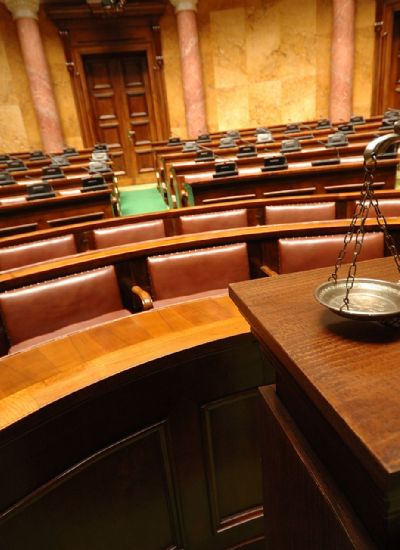Pros & Cons of Liberalization
- Countries follow different policies on opening up their economies.trade and balance folder image by Alexey Klementiev from Fotolia.com
Trade liberalization is the process of opening up a country to imports. Liberalization has its advocates but others would prefer to keep an economy closed to imports. The Organization for Economic Co-operation and Development reports that open economies lead to higher levels of economic growth and productivity, but a country may need to make some short-term adjustments to realize these longer-term benefits. - Open economies grow faster than closed ones, according to the OECD. The organization cites a World Bank study that found that income per person grew more than three times faster in the 1990s (at 5 percent a year) in developing countries that had open economies, compared with those developing countries that did not have open economies (at 1.4 percent a year). In East Asia and the Pacific region, where almost all countries have open trade policies, the countries' gross domestic products have gone up as trade activity goes up.
- Open trade allows more imports into an economy and gives individuals and firms more consumption choices. This also creates competition in the local market and prevents local manufacturers from becoming complacent. It gives businesses access to key components they may not otherwise be able to get. And availability of imports also spurs innovation as local manufacturers strive to stay competitive.
- Even though an economy is likely to benefit from the process of economic liberalization over time,certain short-term adjustments may not be so positive. If availability of imports causes a local company to lose its market share, there could be a short-term impact in terms of layoffs of workers. In these cases, the long-term benefits of liberalization could still accrue. According to the OECD, while such effects of trade liberalization could result in near-term income inequalities, the process of liberalization will eventually result in "decreased inequality as a greater share of firms engages in the international economy and becomes more productive, paying higher wages."




















